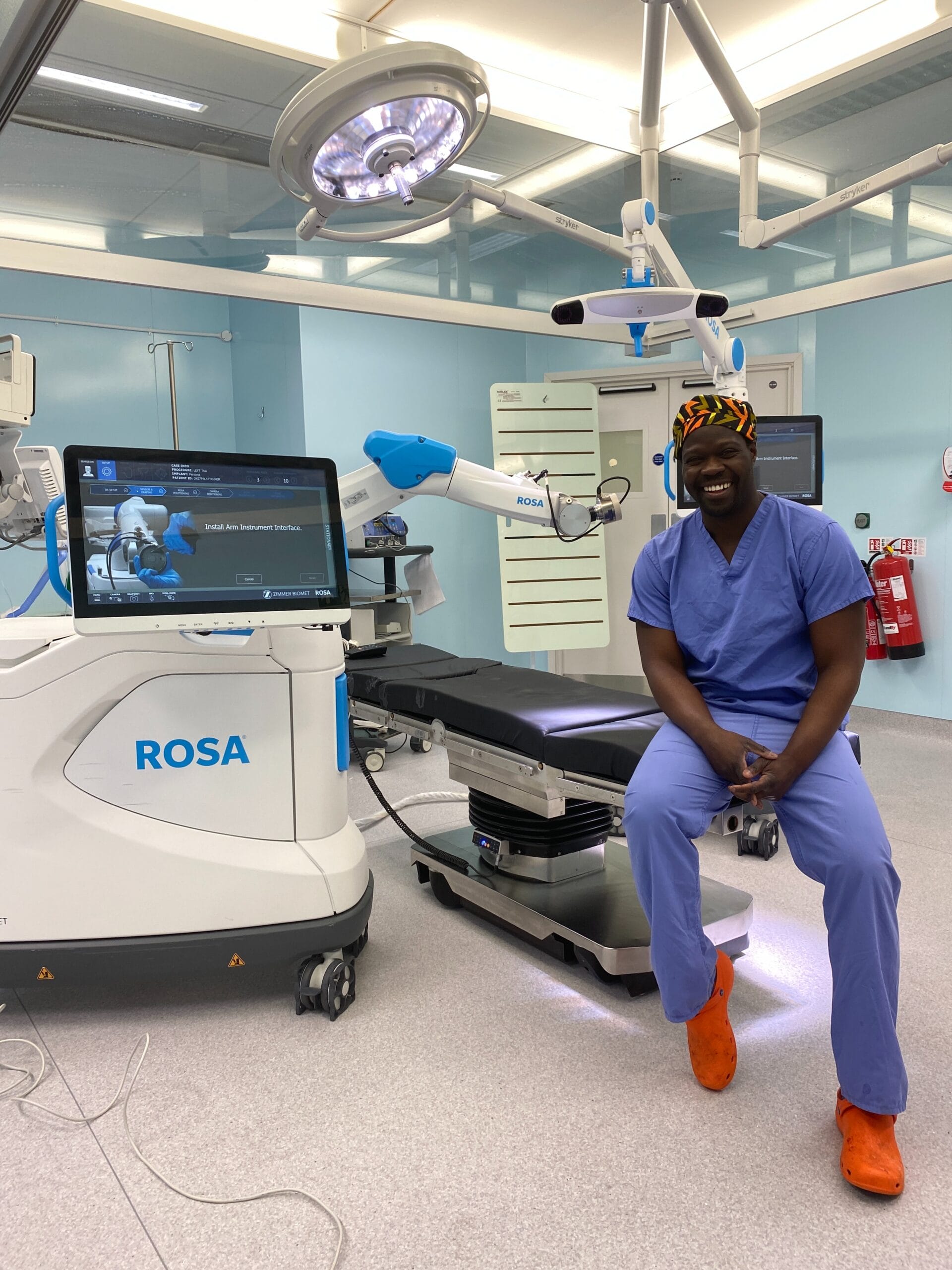Arthritis is a general term for conditions which essentially mean inflammation of the joints. There are over 200 forms of arthritis and it can affect anyone in any decade of their life.
The most common form is osteoarthritis, which occurs when the cartilage in the joints breaks down, usually because of wear and tear. Commonly arising within weight bearing joints i.e. hips, knees, ankles, and spine, and in the hands and wrists, it is characterised by pain and stiffness in the affected joint. Other symptoms can include the feeling of it ‘catching’, clicking, grinding or crunching noises, muscle wasting and weakness around the joint, causing the sensation of giving way.
What are the treatment options for managing arthritis?
The NICE guidelines (National Institute for Health and Clinical Excellence) promote three core treatment options in the management of arthritis. These are:
- Education, advice and access to information;
- Strengthening exercise and aerobic fitness and weight loss if overweight or obese;
- A balanced, nutritious diet is also recommended.
Everybody’s experience of arthritis is different but, by making a few modifications to your lifestyle and ensuring proper management of the condition, most people can continue to lead a full, active life with arthritis.
Arthritis tends to have a pattern of flare-ups and remissions, making it difficult to determine how much activity is right. A health professional such as a physiotherapist can assist you in determining how much activity is right for you and will guide you with regards to exercises and lifestyle changes.
What lifestyle changes help living with arthritis?
Various lifestyle changes can assist in the management of arthritis:
Maintaining your ideal weight for your height
Increased weight puts more stress through the joints and is associated with faster progression of osteoarthritis.
Pacing your activities is a useful way to control the pain
For example, if you tend to do all your housework in one day, try splitting it over a few days, with adequate rest between tasks. Although it takes a bit of getting used to, pacing has been shown to be a very effective way for people to manage pain.
Change your footwear
If you suffer with pain in your back, hips, knees, or ankles and feet, it is worth considering your footwear. Supportive, well-cushioned footwear is ideal for shock absorption and improving the position of the foot, which reduces stress on the joints.
Keep active and keep moving
If you suffer with arthritis, exercise is probably not the first thing that would come to mind, but gentle and appropriate exercise is exactly what your joints need to stimulate mobility.
What exercises help support arthritic joints?
Range of movement exercises take your joints through their full range of movement. Maintaining and lubricating the joints are beneficial for people of all ages to maintain flexibility.
Strengthening exercises are extremely important as the weakness of the muscles around the joints has been linked with reduced function and increased disability in arthritis.
Appropriate aerobic exercise such as walking or bicycle riding is beneficial in improving your mood generally, as well as assisting weight maintenance and general wellbeing.
Other therapies such as acupuncture, massage and supplements can be of assistance and can be a useful supplement to self-management, particularly during flare-ups.
Living with arthritis can be made easier by managing the symptoms. It is best to maintain as much independence and activity as possible for both physical and emotional reasons. A good physiotherapist will be able to assist in devising an exercise programme for you that would include all these aspects to help you manage your condition.
What makes Horder Healthcare unique
Horder Healthcare is committed to providing the very best quality of care for our patients and customers. We are continuously working on improving and reducing risks and this is reflected in our consistently high CQC results, patient satisfaction questionnaires and minimal levels of infection.
We are a charity
We reinvest our profit to benefit more people and help us achieve our aim of advancing health.






